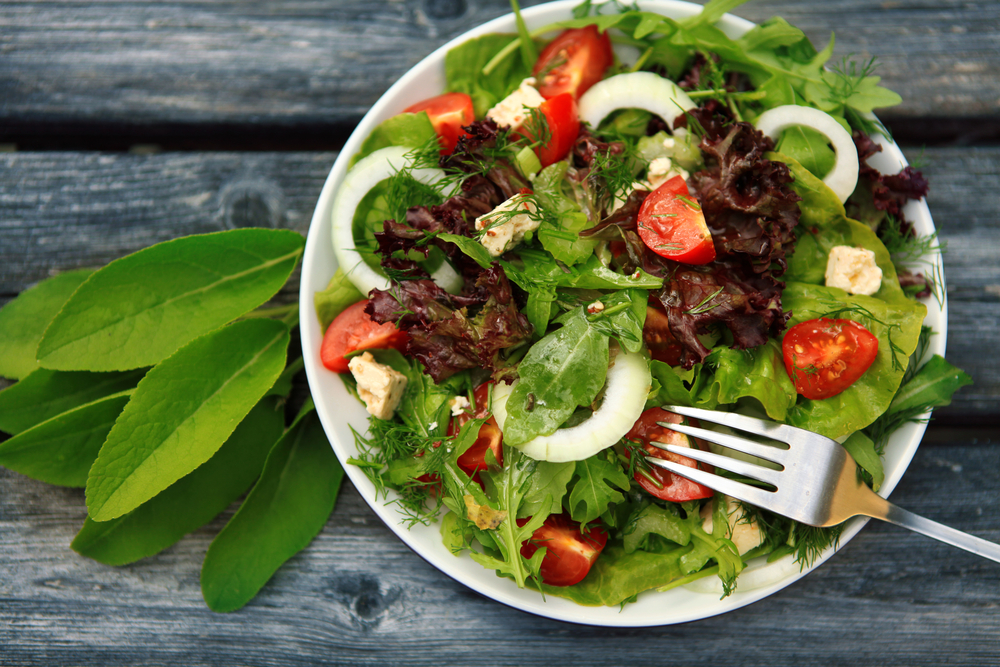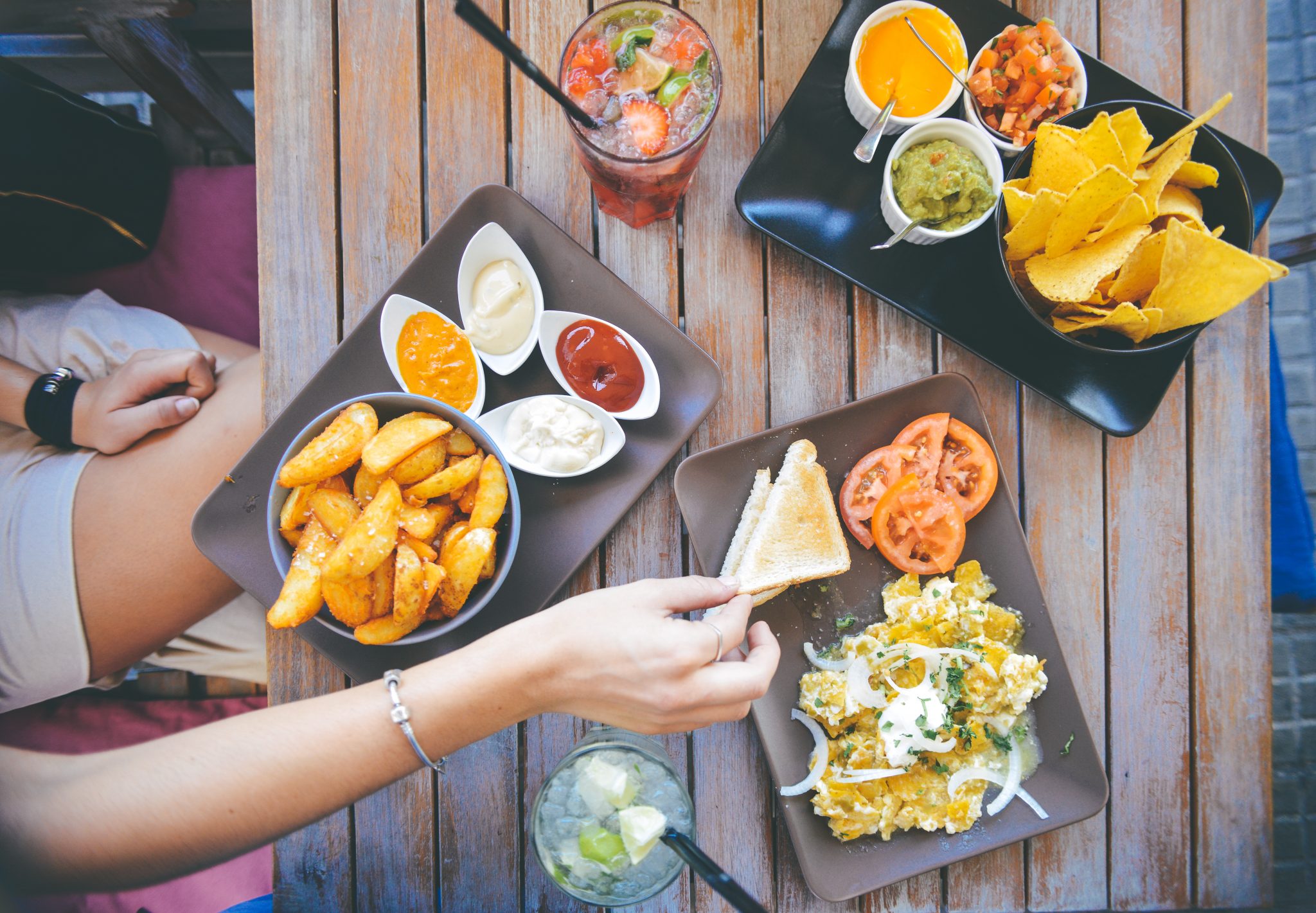So how many times has your diet failed? Do you know the reasons behind those failures?
Almost every time, the reason a diet backfire is because you restrict too much. When you dramatically change your diet and reduce the amount of calories you consume, your body instantly perceives danger. Your inner alarm system that protects you from starvation kicks in and slows your metabolism. Your body goes into starvation mode and overeats. And eventually when you stop dieting, you regain your former weight plus some.
Sometimes, even if you’re not dieting, you also make excuse to overeat: it’s a social gathering, it’s that time after your project is done, or you just feel like munching all the edible things in sight. You know you shouldn’t overeat, but it just happens that way. Albeit seems insignificant, this habit can lead to obesity, especially if you tend to gobble on unhealthy choices like junk food, sweets, cakes, and alcohol.
Have you ever wondered why does it occur?
Read also: the seven deadly health sins.
There are several factors that make you overeat. You are neither weak-willed, morally corrupt, or self-destructive. The answer lies within your genetic programming: your body was designed to put on weight. Your body responds quickly when you don’t provide sufficient calories by sending information to your brain to eat more.
However it does not mean that you can’t normalize your eating habit. There are ways to stop overeating, and this doesn’t involve spending years in therapy!
Do you remember all those familiar dieting tips like “sip water between bites” and “chew thoroughly before chewing”? These were all aimed at slowing us down when we eat. Research led by Mark Gold, MD, at the University of Florida at Gainesville has shown it takes 12 or more minutes for food satisfaction signals to reach the brain of a thin person, and 20 or more minutes for an obese person. Eating slowly ensures that these important messages have time to reach the brain.
Eat real food

This is one of the most important things to do to avoid overeating and lose weight. It is to include real, whole, unprocessed foods in your diet. Yes, that means switching to vegetables, fruits, whole grains, nuts, seeds, beans, and organic produces.
Use the hunger scale
Prior to eating, use hunger scale to help figure out your food needs:
- Starving: an uncomfortable, empty feeling that may be accompanied by light-headedness or the jitters caused by low blood sugar levels from lack of food.
- Hungry: that time when you don’t eat within the hour, you can enter starving territory.
- Moderately hungry: your stomach may be growling, and you’re planning how you’ll put an end to that feeling. This is an optimal eating time, because you’re not too hungry but also need some calorie consumption; thus can control your meal portion.
- Satisfied: you’re satiated and comfortable.
- Full: if you’re still eating, it’s more out of momentum than actual hunger. Your belly feels slightly bloated, and the food does not taste as good as it did in the first few bites. It’s also time to stop!
- Stuffed: you feel uncomfortable and might even have mild heartburn from your stomach acids creeping back up into your esophagus.
Always eat breakfast

Skipping a morning meal means you eventually feel extremely hungry, and throughout the day you eat much more food that you need to feel full. A study of 3,000 people who lost an average 70 pounds and kept it off for six years found that most of them ate breakfast regularly. Only 4% of people who never ate breakfast managed to keep the weight off.
Remember your goal
Do you really want to wear that dress on your best friend’s wedding next month? Do you really want to reduce your waistline? Or do you want to cut your snacking expenses and allocate it for other needs? If you can go back to the reason you want, it can help keep you on track.
Keep up appearance
Using a smaller plate and paying attention to the presentation of a meal can increase your awareness of the food in front of you and help you stop eating when you are uncomfortable. When you use smaller plate, it is also impossible for you to pile up the dishes on it. The brain also looks at the plate and decides if the portion is adequate.
Stay hydrated

Most people are primed to overeat when they mistake hunger for thirst. So, when you’re craving for foods (even though you’re not hungry), drink a glass of water first to curb the craving. Sometimes the craving comes because you’re not drinking enough.






